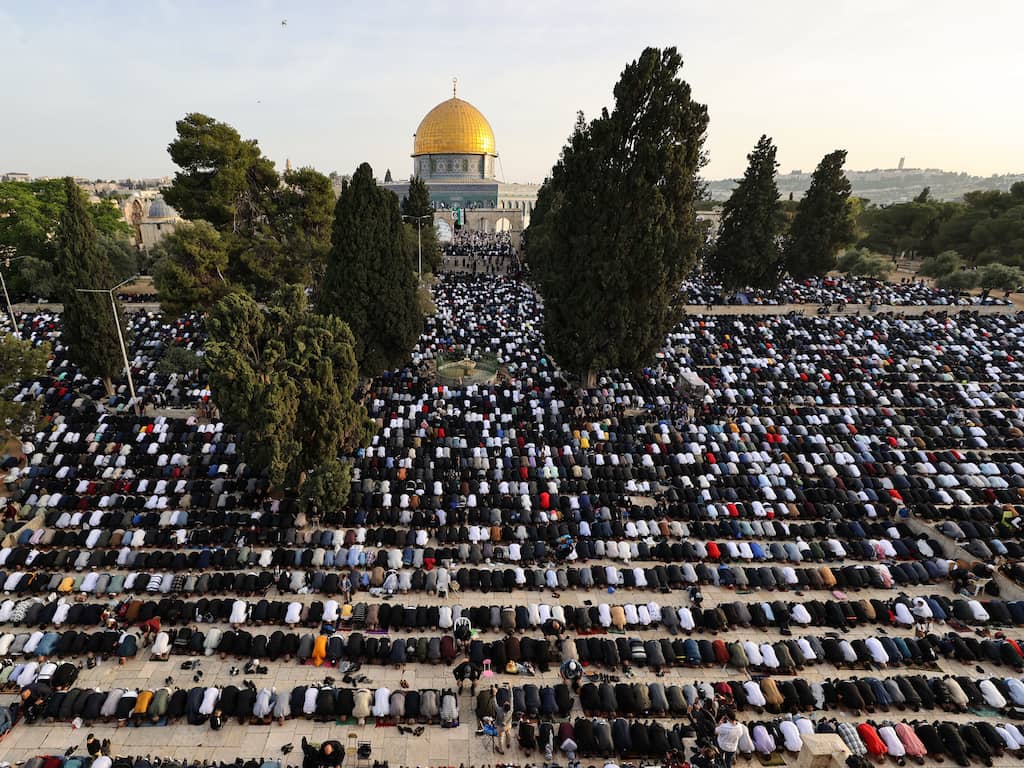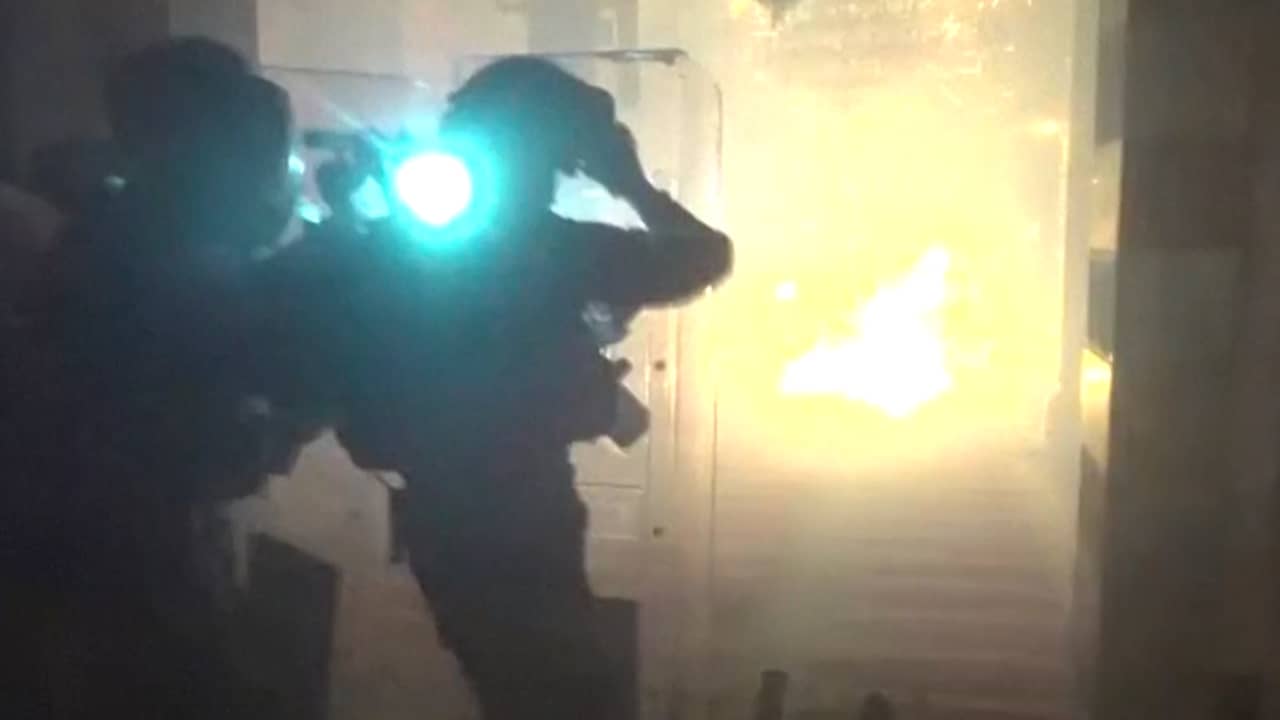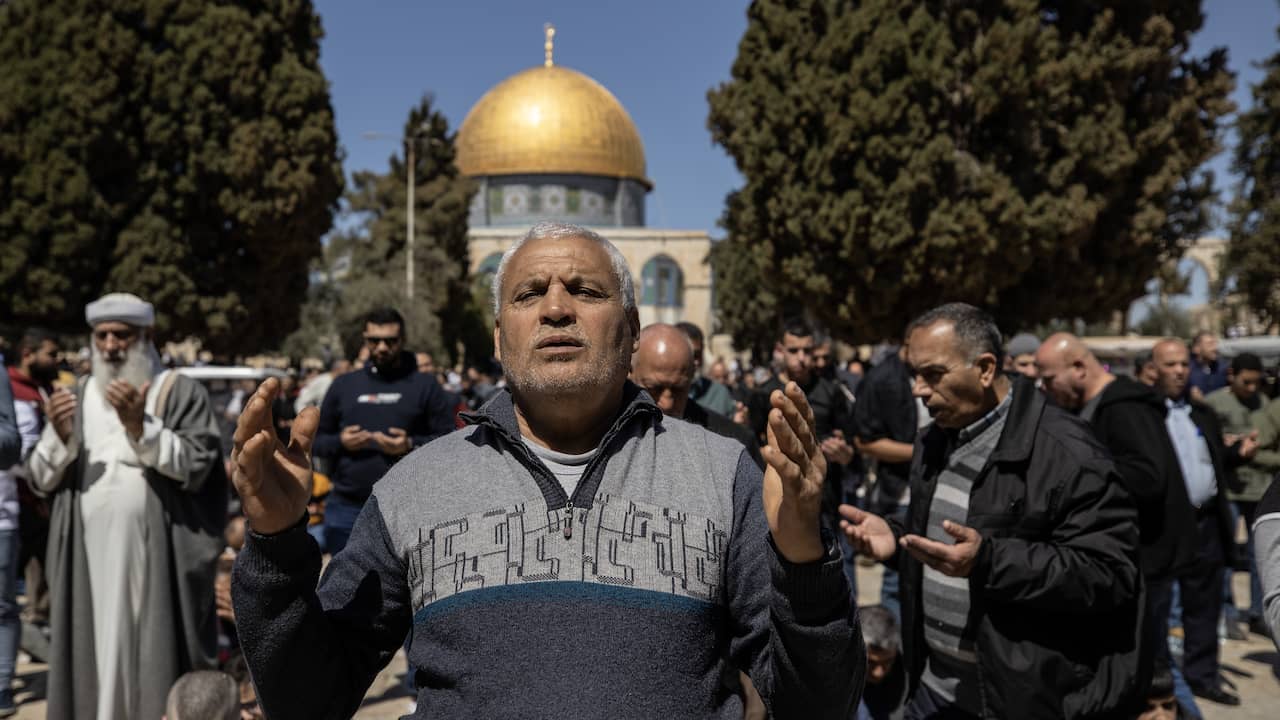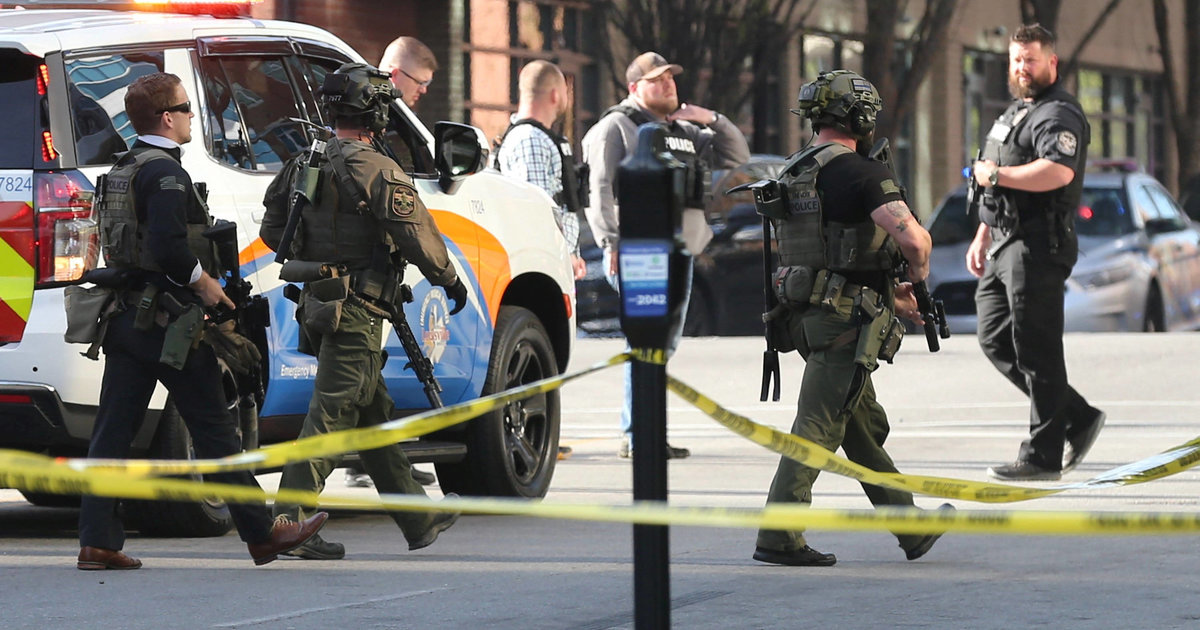De Al Aqsamoskee staat op de Tempelberg in het door Israël bezette Oost-Jeruzalem. Die plek is voor moslims niet alleen heilig vanwege de moskee, maar ook omdat hier de rotskoepel staat. Volgens de islam begon de profeet Mohammed daar zijn nachtelijke reis naar de hemel.
Voor joden heeft het complex ook een belangrijke waarde vanwege de Klaagmuur. Dat is het laatste restant van de tweede joodse tempel die op de berg heeft gestaan.
Krijg een melding bij nieuwe berichten
The status of the Al Aqsa Mosque
Under international law, East Jerusalem is part of the Palestinian Territories, as are the West Bank and Gaza. But during the Six-Day War in 1967, Israel took the eastern part of the city (and part of the West Bank). It has been under Israeli control ever since.
The complex of the Al Aqsa Mosque has been managed by the waqf for years. That is an Islamic foundation financed by Jordan. But the waqf has limited influence because Israel controls East Jerusalem.
Clear agreements have been made about the area around the Al Aqsa mosque. Non-believers are allowed to visit the complex at certain times, but only Muslims are allowed to pray there. A Jewish minority regularly tries to break the status quo.
The visit of the far-right Israeli Minister of National Security, Itamar Ben-Gvir, to Al Aqsa Mosque in January was therefore seen as a provocation. That’s how it was intended. Ben-Gvir ignored warnings from other politicians that his visit would anger Palestinians. They are afraid that the temple complex will also be opened by Israel to Jewish believers. But the Al Aqsa Mosque is not only a religious but also a national symbol for the Palestinians.
Freedom of movement of Palestinians restricted by permits
The fact that Muslims are allowed to pray in the Al Aqsa Mosque does not mean that all Palestinians can easily get there. Because the temple complex is in occupied territory, Palestinians from the West Bank and Gaza must first pass through an Israeli checkpoint. For this they need a permit, which has many restrictions.
During the holy month of Ramadan for Muslims, Israel often adjusts those restrictions. This year, only women and children up to the age of twelve and men over the age of 55 from the West Bank will be allowed to enter Al Aqsa Mosque without a permit. Men between the ages of 12 and 45 are not allowed entry. And men between the ages of 45 and 55 must apply for a special permit, which is preceded by a security check. This only applies to Friday prayers and not to other days, when Palestinians from the West Bank are only allowed to enter Israel with a permit anyway.
Only a limited (and unknown) number of Palestinians are allowed to enter the Al Aqsa Mosque from Gaza. Women over 50 years old and men over 55 years old are allowed to enter East Jerusalem between Sunday and Thursday during this Ramadan. So on Friday they are not allowed to do that for the most important prayer of the week. And they are also not welcome at the Eid-al-Fitr prayer at the end of Ramadan, which will probably fall on a Saturday this year.
During the last ten days of Ramadan, Jews are often not allowed to enter the temple complex. Then many Muslims spend the night in the mosque to read the Qur’an and fully focus on Allah. But this year, Ramadan, the Jewish festival of Pesach and Easter coincide. During religious festivals, more Muslims and Jews move towards the complex around the Al Aqsa mosque, which creates additional tensions.
According to the Israeli human rights organization B’Tselem, this restricted freedom of movement is one of the main means that Israel uses to oppress the Palestinians.

Violence around mosque not rare
Due to the Israeli occupation, the religious value of the mosque and the limited access, the Al Aqsa Mosque has been a focal point in the Israeli-Palestinian conflict for years.
Last week, Israeli security forces carried out two raids on the Al Aqsa Mosque. The Israeli police said they had to raid the mosque because “masked troublemakers” had locked themselves in the mosque with fireworks, sticks and stones. But during the raid, the police also arrested Palestinians who were praying in the prayer hall. Several people were injured and about 350 arrests were made.
These are not isolated incidents. In recent years, Israeli security forces have raided the mosque more often, especially during Ramadan. There were also regular clashes between Palestinians and Jewish settlers.
 0:45
0:45Starting point for more violence
Violence at the Al Aqsa Mosque is often the starting point for more violence. It not only causes furious reactions from Palestinian citizens, but also from the Palestinian movement Hamas in the Gaza Strip and the Shiite movement Hezbollah in Lebanon. Those two organizations also responded last week with rocket attacks to the raids at the Al Aqsa mosque.
In 2021, protests over evictions of dozens of Palestinian families in the Sheikh Jarrah neighborhood of East Jerusalem and multiple raids at Al Aqsa Mosque by Israeli police led to an eleven-day war between Hamas and Israel. At least 230 Palestinians were killed, including 65 children and 39 women. There were also 1,710 wounded on the Palestinian side. Twelve people were killed in Israel, including two children.


